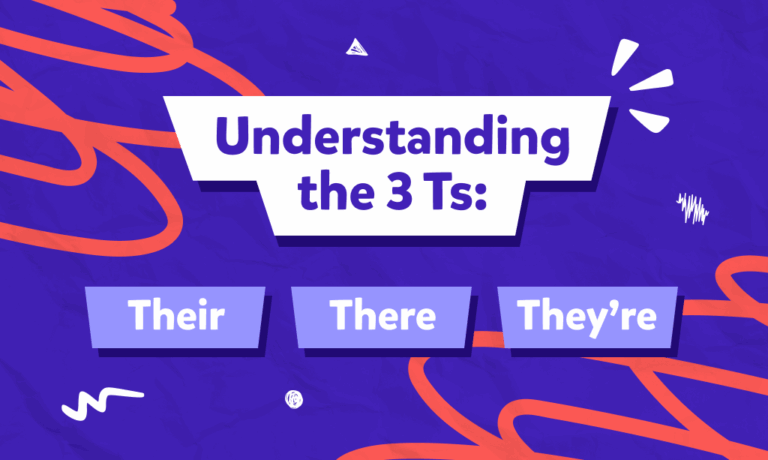A lack of confidence may slow down children’s learning progress. In this article a Novakid teacher shares seven tips on how to boost confidence while learning English - from building a positive mindset to to creating a language environment.
How to Start Thinking in English & Why Does it Help
- Thinking in English improves fluency: Training your brain to think in English reduces hesitation, boosts confidence, and helps you speak more naturally.
- Practice is essential: Daily speaking in English, journaling, role-playing, or talking to yourself helps reinforce thoughts in English and makes learning faster.
- Learn smart and use English daily: Focus on communication, not perfection, use apps, podcasts, or conversation groups, and make small daily habits to turn English into a natural part of your life.
“I can read and write, but when I speak, I have to translate in my head first.”
Many ESL learners experience this frustration. Translating slows down speaking and makes it harder to express yourself naturally. Thinking in English is a game-changer for fluency because it trains your brain to process the language directly, without relying on your native language.
If you want to know how to think in English, why it improves fluency, and practical steps to stop translating in your head so you can speak more naturally, you’re in the right place! We’ll also look at thoughts in English, speaking practice in English, and ways to learn how to learn English more effectively.

What Does “Thinking in English” Mean?
To start speaking more naturally, it helps to understand what thinking in English really means. In this context, thinking in meaning refers to forming your thoughts directly in English instead of translating from your native language.
Why does this matter? When you think in English, your conversations become smoother, your responses are faster, and your confidence grows.
For example, instead of translating “Where is the bus?” from your first language into English, your brain learns to think it directly in English. Little by little, this helps you speak more fluently and naturally; just like a native speaker!
Why Does Thinking in English Help?
Now that we understand what thinking in English means, let’s look at why it’s so helpful. When you train your brain to think directly in English, it reduces hesitation while speaking.
This skill connects directly to real-life situations where you learn and speak English daily. Over time, thinking in English also improves pronunciation and helps you use grammar more naturally, making your conversations flow more smoothly and your confidence levels shoot through the roof.
How to Start Thinking in English
Learning to think in English takes practice, but it’s the key to speaking more confidently. By training your brain to think in English instead of constantly translating, you start responding naturally. The tips below show ways to think in another language in everyday situations, making English a part of your daily life rather than just something you study:
Label items around you in English: Put sticky notes on objects like “door,” “mirror,” or “chair” to reinforce English words throughout your day.
Narrate your daily routine in English: Describe what you’re doing as you go, like “I am making breakfast” or “I am going to the store.”
Practice inner conversations: Ask yourself questions in English, such as “What should I eat today?” or “What will I do after school?”
Replace translations with English words: Instead of translating every word from your native language, use basic English words and phrases you already know.
Practice in English daily: Even if it’s talking to yourself, this helps train your brain to think and respond directly in English.
Speaking Practice in English: The Key to Thinking in English
Once you start thinking in English, the next step is to use it in real life. Simple exercises like role-playing, talking to a mirror, or recording yourself can help a lot. This also connects to communicative language teaching, which focuses on real conversations instead of just learning grammar rules. (Communicative language teaching is a way of learning where the focus is on using English in everyday situations, not just memorizing rules.)
Learn How to Learn English (Smarter, Not Harder)
Learning English works best when you know how to learn English effectively. Focus on using the language, not being perfect. Some tips include:
- Focus on communication, not perfection.
- Read and listen to English every day — books, podcasts, or videos.
- Use apps, podcasts, and videos to practice regularly.
- Keep practicing thoughts in English during daily activities.
Extra Tips for Thinking in English Daily
To make thinking in English a part of your life, try these extra tips:
- Start a “thinking journal” in English to write your thoughts every day.
- Join language exchange groups to practice with other learners.
- Use technology: AI chatbots, apps, or online conversation clubs can give extra practice.
- Take a trial lesson with Novakid.
- Challenge yourself: Spend one hour a day only thinking in English.
To sum up, thinking in English is a great way to speak more naturally and confidently. By practicing speaking in English, using smart learning habits, and doing small daily activities like journaling or joining language groups, you can train your brain. The more you use English every day, the easier it is to become a natural!
Building strong relationships between teachers and students is key to creating an environment where kids feel safe, supported, and excited. When students trust their teachers, they are more likely to enjoy school, ask questions, and do their best.
What are the pros and cons of using associations to remember words when learning English as a foreign language and how to integrate them into the learning process? An English teachers shares her opinion.
Find out how long it takes to learn English with Novakid. See progress timelines, key factors, and tips to help your child learn faster.
Master the distinctions between 'there,' 'their,' and 'they’re.’ Enhance your writing clarity and language by understanding when and how to use each term correctly.
Discover effective techniques for practicing English spelling with our comprehensive guide. From fun activities to helpful tips, learn how to improve your spelling skills and boost your confidence.









































